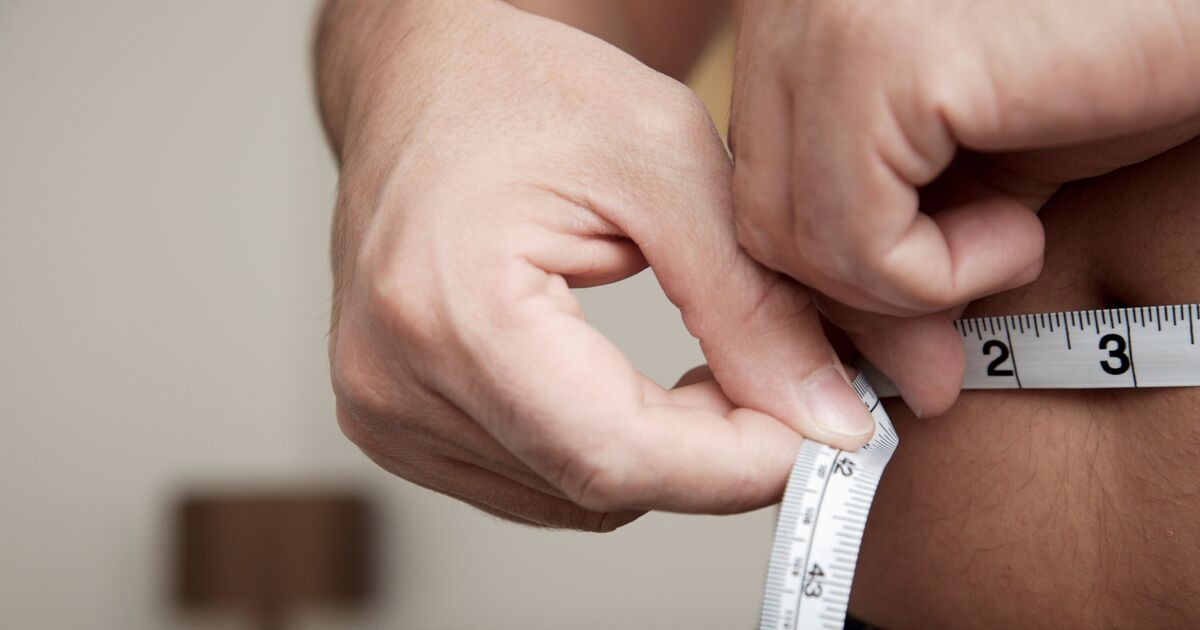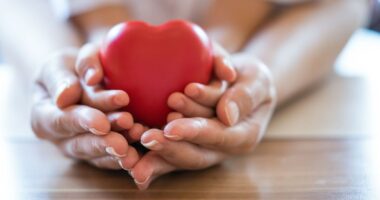While snacking during a diet is often discouraged, it can actually be beneficial in keeping hunger at bay when done correctly.
Fitness expert Gerard Hall, a self-proclaimed “Transformation Coach,” has shared his top three snack recommendations for those on a weight loss journey.
Taking to TikTok with his advice on how to “burn belly fat,” Hall suggested avoiding snacking where possible. However, for those who need a little extra sustenance throughout the day, he offered some healthy alternatives.
He stated: “The one thing that most overweight people all have in common is they constantly eat throughout the day. It is much better to eat meals, not snacks.”
For those who “must snack” during the day, Hall recommended starting with hard-boiled eggs.
He advised: “If you have a hard time controlling your hunger, you should always keep some hard-boiled eggs stored in your refrigerator.”
“Each time you get hungry and it isn’t mealtime, just grab an egg or two and just eat the egg whites. The egg whites barely have any calories and they’ll fill you up.”
For those not keen on hard-boiled eggs, Hall suggested trying healthy dairy products like cottage cheese. He added: “This is a great snack to have before bed because it has no carbohydrates and it provides a long acting protein called casein.”
The NHS emphasises the importance of balancing your diet, and Hall recommended a satisfying snack – “two or three spoonfuls” of natural peanut butter, just right for staving off hunger until the next meal.
Alongside this tasty tip, official guidance suggests tucking into five portions of fruit and veggies daily and building meals with hearty portions of fibre-filled potatoes, bread, rice or pasta.
Don’t forget to include a healthy mix of protein from beans, fish, eggs, and meat, and to get your dose of dairy or its alternatives. The NHS website reads: “If you’re having foods and drinks that are high in fat, salt and sugar, have these less often and in small amounts. Try to choose a variety of different foods from the 5 main food groups to get a wide range of nutrients.”
The site also warns, “Most people in the UK eat and drink too many calories, too much saturated fat, sugar and salt, and not enough fruit, vegetables, oily fish or fibre.”









